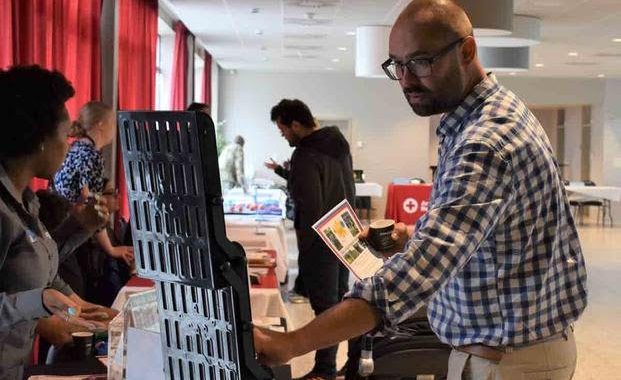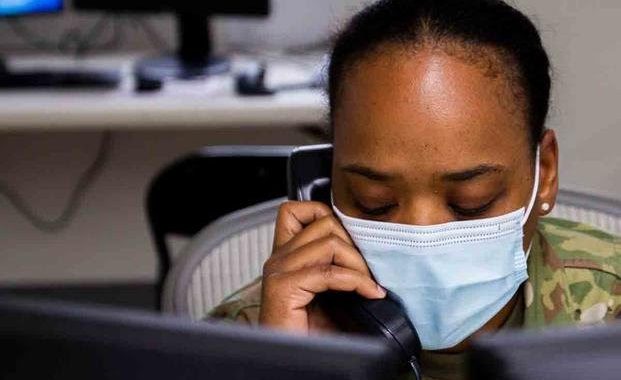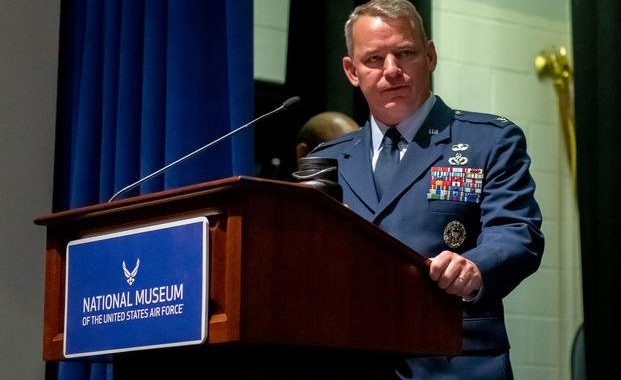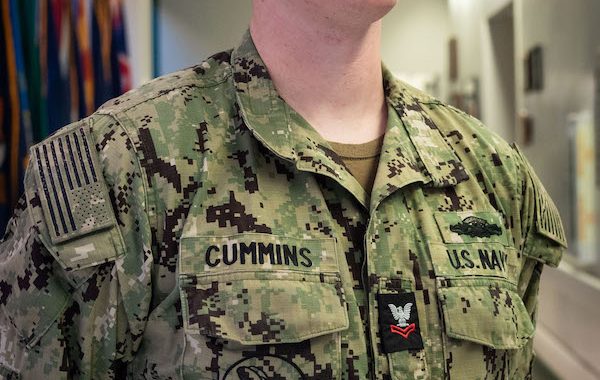USINDOPACOM Conducts First Gender in Operations Course in Japan
2 min read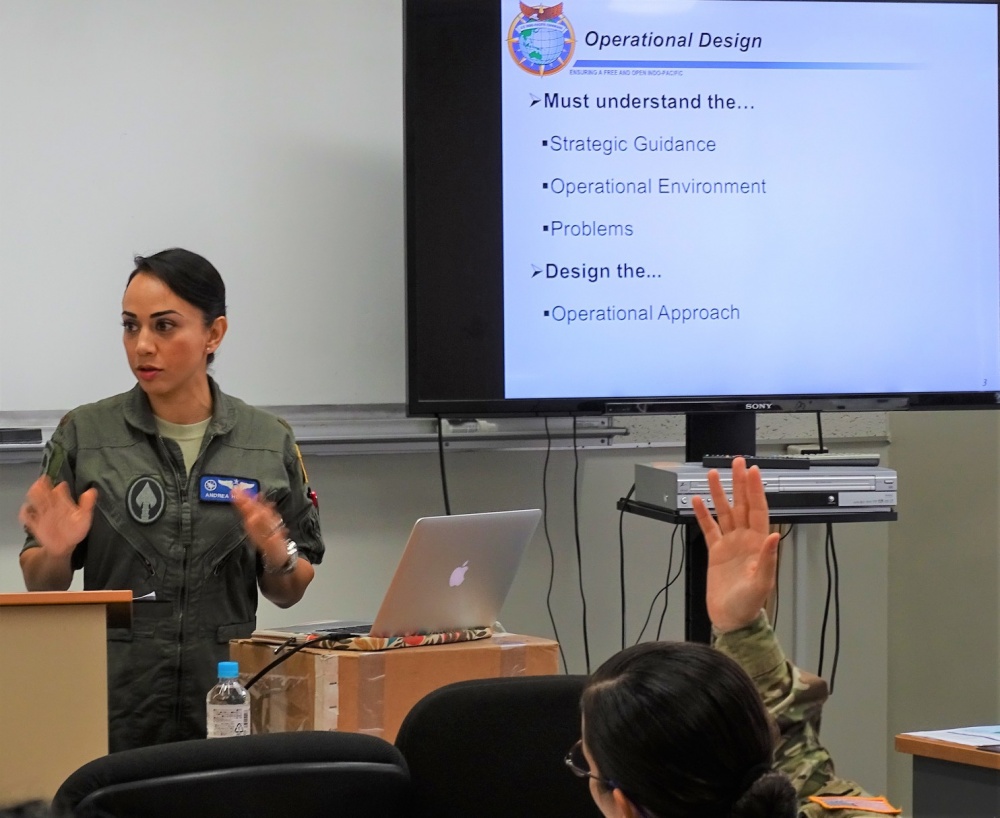
YOKOTA AIR BASE, JAPAN
Courtesy Story
U.S. Indo-Pacific Command
YOKOTA AIR BASE, Japan — Members of U.S. Indo-Pacific Command (USINDOPACOM) conducted the first Gender in Operations (GiO) course in the Department of Defense Sept. 17-19, 2019, at the education center in Yokota Air Base, Japan. The three-day course was developed primarily for U.S. DOD personnel in response to the need for comprehensive education on women, peace and security (WPS), to include incorporating gender perspectives into military operations.
“The only way we can effectively engage in the security sector is by understanding that security usually means different things for men, women, boys and girls,” said Dr. John Wood, director of USINDOPACOM Pacific Outreach. “Meaningfully engaging and including women, as well as men, across the entire conflict and crisis spectrum is therefore a security imperative.”
Monica Herrera, the GiO course director, designed the course to be regionally focused. It included a case study on a real-life disaster response incident for students to practice gender analysis.
“We operate in a region that is prone to a wide range of natural disasters and our forces are often part of foreign disaster relief (FDR) operations – frequently alongside other partner nations,” Herrera said. “The more interoperable we are, the more effectively we’ll be able to collectively respond. “
One of the reasons they ran the course for personnel at U.S. Forces Japan first is because Japan’s National Action Plan on WPS also recognizes the need to mainstream gender into disaster preparedness, response, and recovery efforts, she added. Part of being interoperable with the Japanese means having a better understanding of gender as it relates to these operations.
“The Indo-Pacific faces increasingly complex security challenges,” said Col. Dexter Caston, chief of USINDOPACOM Pacific Outreach – All Hazards Division. “Incorporating a gender perspective means greater insight into the causes and potential solutions to these concerns. We still have a lot of work to do in recognizing how gender affects security and how that in turn affects our strategies, operations and tactics.”
The course helped meet the requirements outlined in United Nations Security Council Resolution 1325 and as well as the legal mandate for training required by the U.S. WPS Act of 2017 (Public Law No. 115-68) and the U.S. Strategy on WPS.



